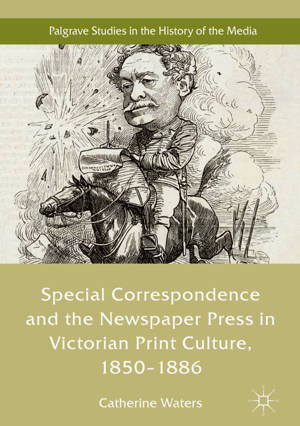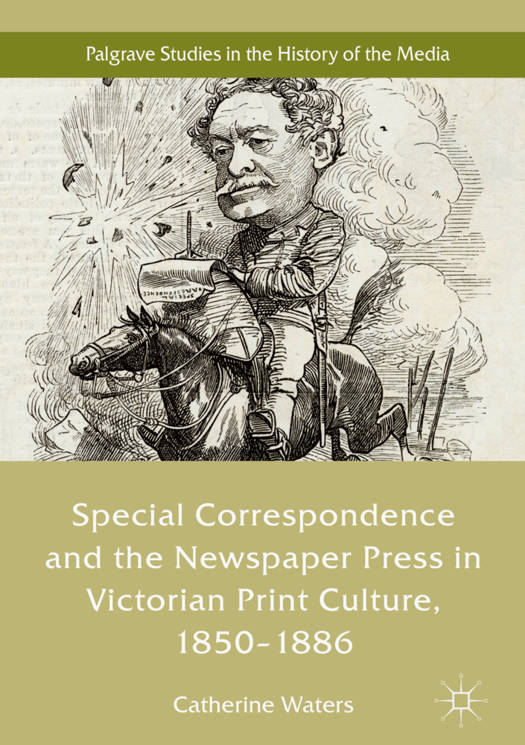
- Afhalen na 1 uur in een winkel met voorraad
- In januari gratis thuislevering in België
- Ruim aanbod met 7 miljoen producten
- Afhalen na 1 uur in een winkel met voorraad
- In januari gratis thuislevering in België
- Ruim aanbod met 7 miljoen producten
Special Correspondence and the Newspaper Press in Victorian Print Culture, 1850-1886
Catherine WatersOmschrijving
This book analyses the significance of the special correspondent as a new journalistic role in Victorian print culture, within the context of developments in the periodical press, throughout the second half of the nineteenth century. Examining the graphic reportage produced by the first generation of these pioneering journalists, through a series of thematic case studies, it considers individual correspondents and their stories, and the ways in which they contributed to, and were shaped by, the broader media landscape. While commonly associated with the reportage of war, special correspondents were in fact tasked with routinely chronicling all manner of topical events at home and abroad. What distinguished the work of these journalists was their effort to 'picture' the news, to transport readers imaginatively to the events described. While criticised by some for its sensationalism, special correspondence brought the world closer, shrinking space and time, and helping to create our modern news culture.
Specificaties
Betrokkenen
- Auteur(s):
- Uitgeverij:
Inhoud
- Aantal bladzijden:
- 236
- Taal:
- Engels
- Reeks:
Eigenschappen
- Productcode (EAN):
- 9783030038601
- Verschijningsdatum:
- 25/02/2019
- Uitvoering:
- Hardcover
- Formaat:
- Genaaid
- Afmetingen:
- 148 mm x 210 mm
- Gewicht:
- 449 g

Alleen bij Standaard Boekhandel
Beoordelingen
We publiceren alleen reviews die voldoen aan de voorwaarden voor reviews. Bekijk onze voorwaarden voor reviews.









